Some folk have necks that a blowtorch couldn’t mark.
But the news that Siobhan Tolland, the SNP councillor in Lochee, is backing a code of conduct for Yes activists suggests even a flamethrower couldn’t singe her brass nape.
That’s the same Siobhan Tolland who previously admitted calling the Pope a c**t.
This was after she’d travelled to Edinburgh in 2010 to berate the then-83-year-old Pope Benedict.
Whether Tolland, who also had a Facebook profile picture with her own face superimposed over an image of Jesus in July 2020, would have been equally coarse in public with abuse of any other religious leader is a moot point.
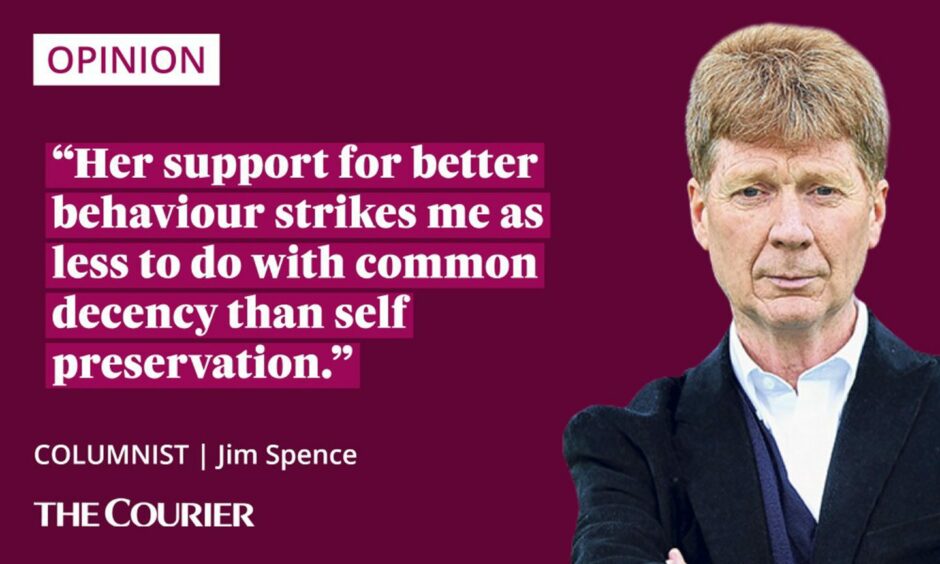
Catholics have been historically subjected to discrimination and abuse in parts of Scotland – although thankfully that’s been much less prevalent in Dundee.
And the SNP were at one time seen as anti-Catholic by many in that community.
It was Alex Salmond who changed that.
The former SNP First Minister pulled off a minor miracle by persuading large numbers of Catholics to the cause of independence and the party.
Salmond offered reassurance and support on issues such as Catholic schooling to those traditionally suspicious of the party.
And it’s thanks to him that many who were traditional Labour voters switched sides.
The first time I was asked to stand for the SNP for Westminster was in a cafe in the Perth Road.
I was informed that one of the reasons was the fact I was a Catholic.
It was, I assumed at that time, a political calculation. A way of aiming for Catholic voters.
But I also had to reckon with one MSP telling me, apropos of nothing, “that’s the trouble with you Catholics”.
Tolland code of conduct plea marks a turnaround
With Ms Tolland now supporting a code of conduct in public life, she has presumably undergone a Damascene conversion.
This is to be welcomed.
However her backing of the resolution for those in the Yes campaign to be subject to the “highest standards of campaigning” may ring hollow with some, given her previous form.
A spokesman for Scottish Labour has described her “hypocrisy” as “genuinely beyond belief”, telling The Courier: “When confronted with her own record of anti-Catholic bigotry and vile online abuse, she didn’t even publicly apologise”.
Tolland’s comments about the Pope were revealed when she stood for election in Lochee, an area famed for Irish immigration and nicknamed Little Tipperary.
Michael Marra, the Labour MSP for Lochee, raised the issue of her fitness for office at the time.
He was, according to the Labour spokesman, “subject to the same bigotry from the SNP in Dundee, who have also never apologised”.
JIM SPENCE: SNP attack on Dundee MSP Michael Marra was dangerous, vile and anti-Catholic… https://t.co/G2Fe9FUo5l via @thecourieruk
— David Clegg (@davieclegg) March 23, 2022
In fairness, accusations of double standards are not exclusive to the SNP.
One can also point to Labour, who recently had a former Orange Order leader elected as a councillor in Airdrie.
What’s the real motivation for this move?
Tolland’s backing of a code of conduct for independence activists would be welcomed if the purpose was actually to encourage civilised debate.
However, some suspect it is really an attempt to neuter critics of the SNP.
It comes as the current infighting and outright hostility between parts of the Yes movement and the governing party shows no signs of diminishing.
The code would see independence activists who fail to behave appropriately excluded from training, development and media activities as part of the Yes campaign.
There is, of course, as much chance of an outbreak of civility happening as there is of Siobhan Tolland becoming the next Pope.
Her posturing piety would give many folk what is traditionally referred to in Lochee a “minter”.
But the Lochee councillor doesn’t do red faces or irony it seems.
Her support for better behaviour strikes me as less to do with common decency than self preservation for her and others who have boarded what one SNP communications officer recently referred to on Twitter as the “Gravy Bus”.
Politicians like Tolland made code of conduct necessary
The SNP’s record in government and their tactics over independence are being more critically assessed than ever among the wider independence movement.
So it’s understandable that concern is growing in the ranks of the party leadership.
Hmm. I think young Sally here has put out a tweet, went on the campaign trail, came back and checked her phone – 6000 notifications 😁😆🤣😂 then not so hastily deleted this rather badly worded tweet….
She'll go far. 😃👍 pic.twitter.com/rMvWOr9MQM— Horace McCorkindale (@HoraceMac1514) May 1, 2022
But while the call for decent conduct is commendable, it smacks less of the desire for better behaviour and more like Captain Mainwaring urging “don’t panic” to the Walmington-On-Sea Home Guard.
Politics in Scotland descended into the gutter a while back, assisted by the growth of a social media free from serious accountability.
Not all of the bile can be laid at the door of Ms Tolland’s party.
But it’s the behaviour of activists and elected representatives like her that has laid the foundations for the lowering of standards in public life.
An inability to accept opposing views without recourse to abuse has allowed venomous behaviour to become a hallmark of our politics.
The call for a code of conduct needn’t necessarily discourage civilised yet robust debate.
But let’s hope, if it’s adopted, there’s no attempt to include an exemption for pillorying Popes.
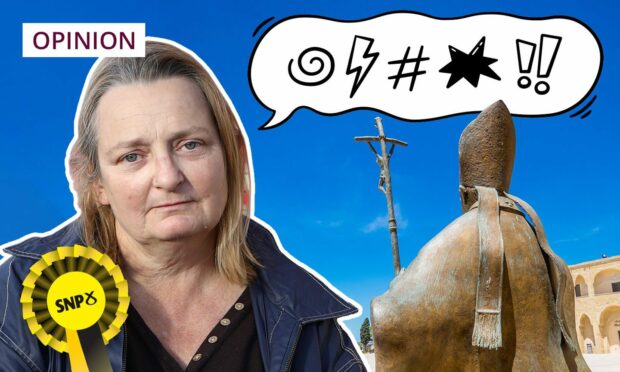
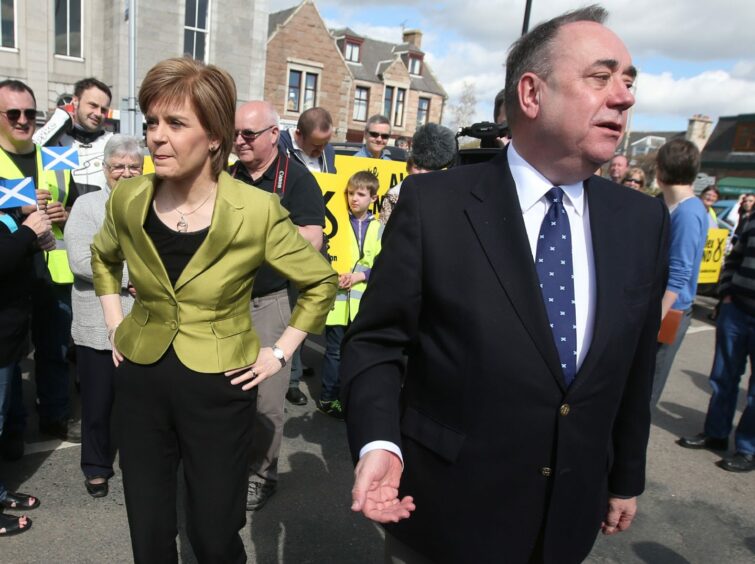
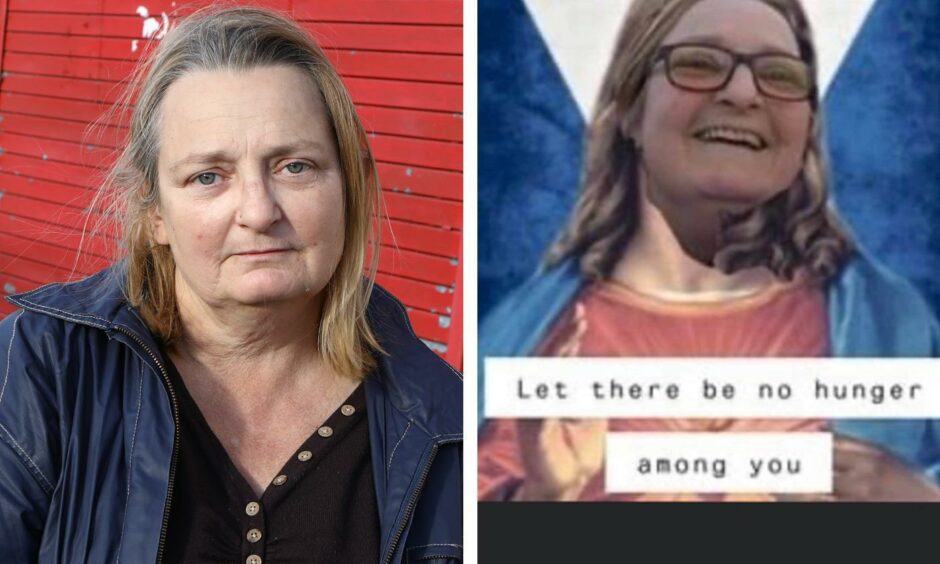

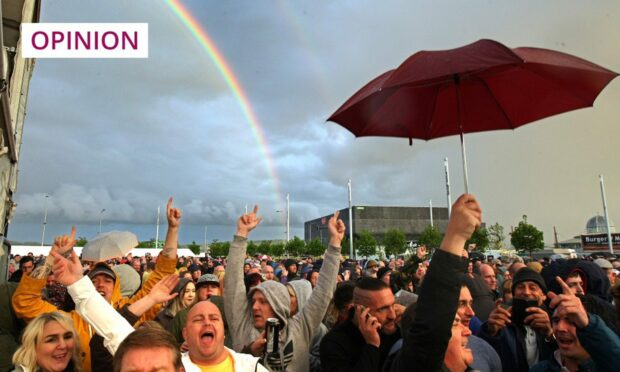
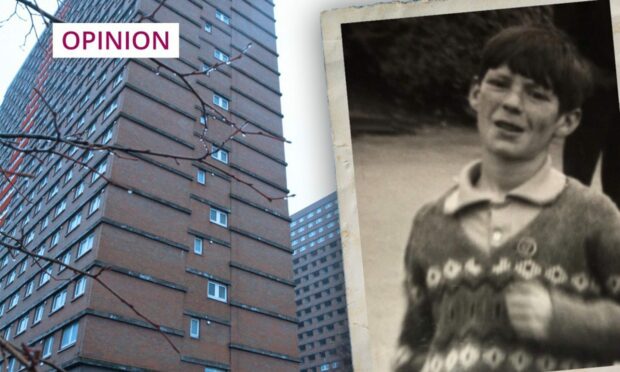
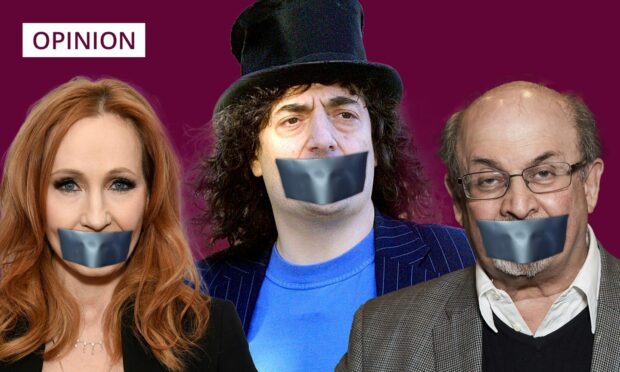
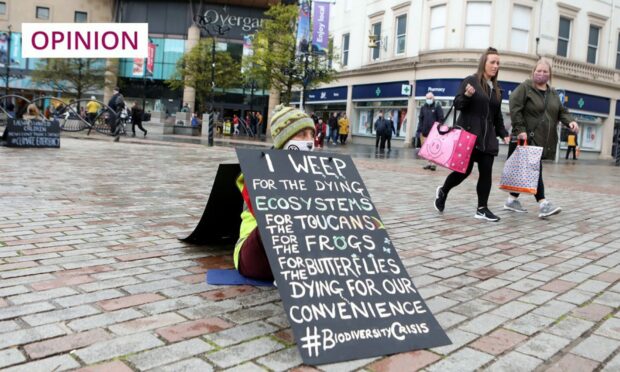
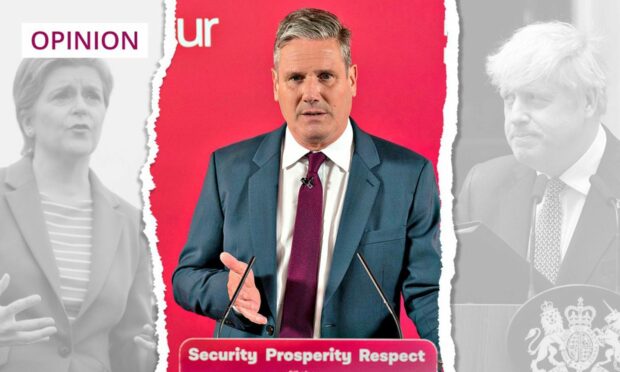

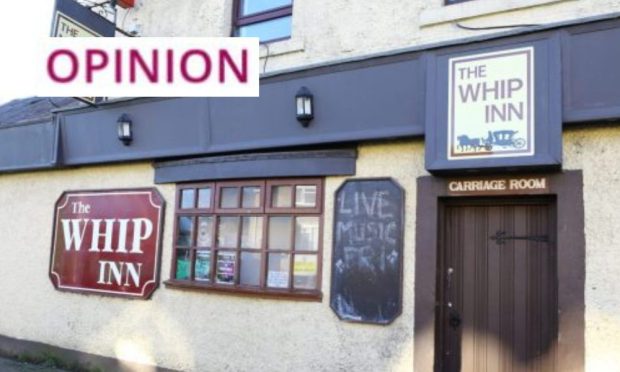

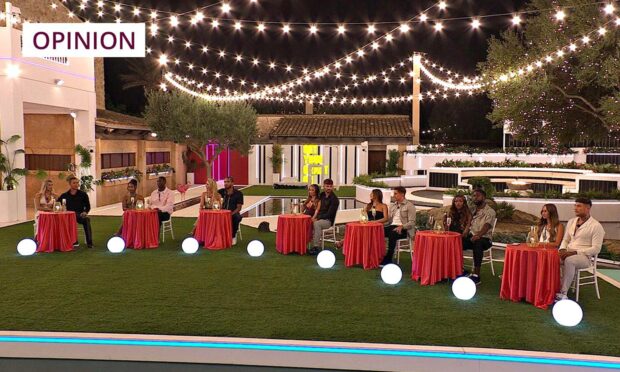
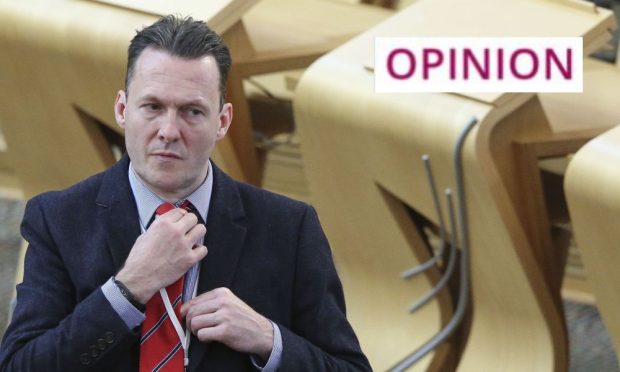



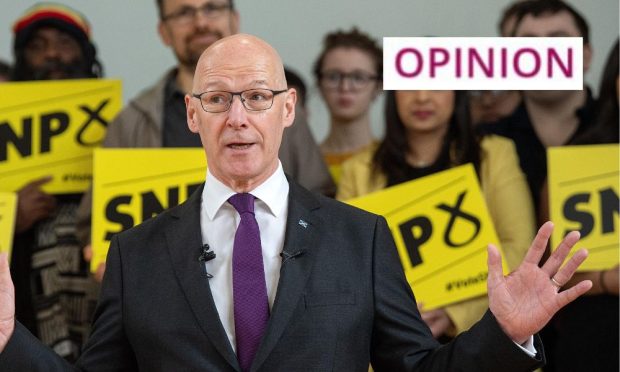

Conversation